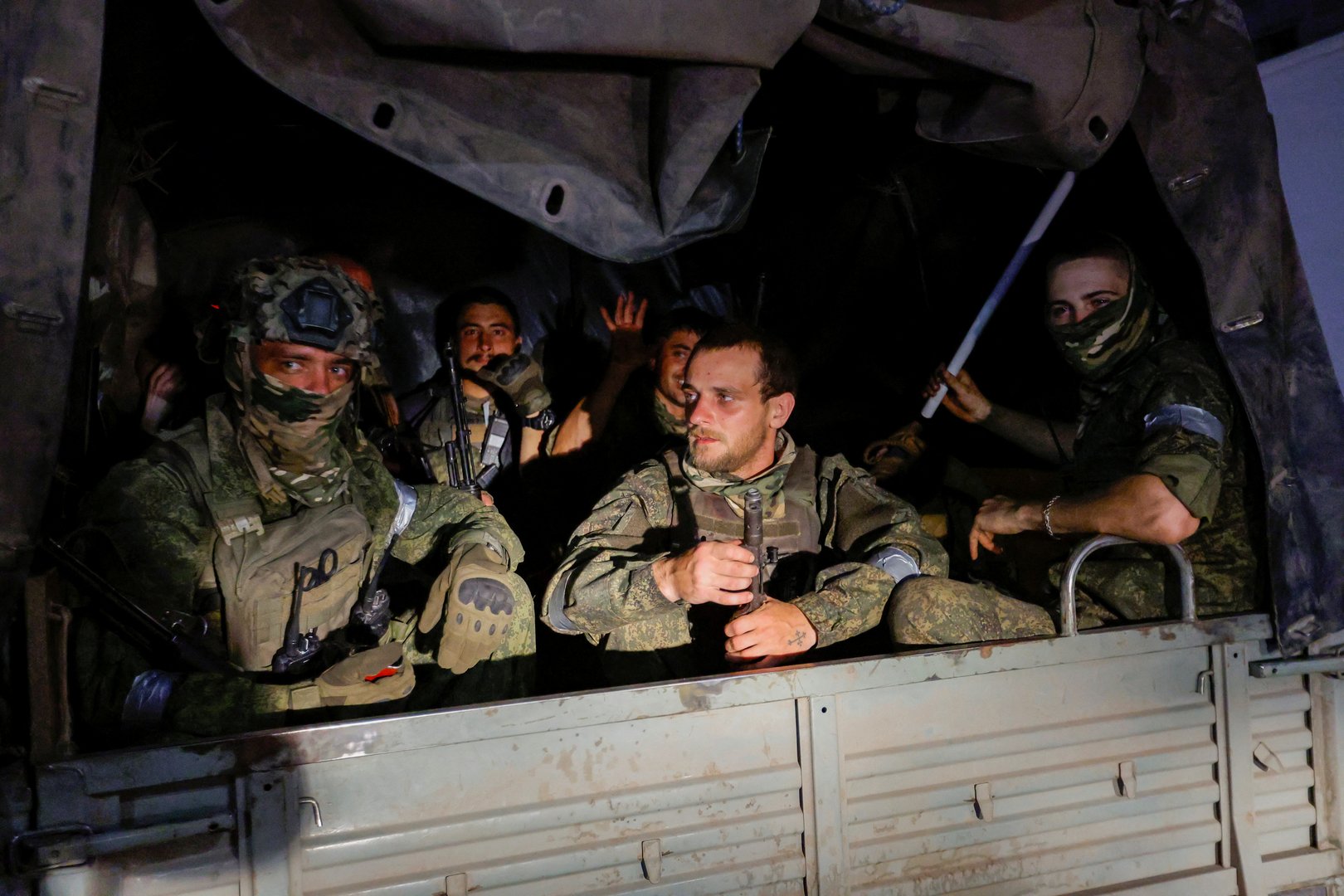The very Russian coup attempt that fizzled out halfway on the road to Moscow
The Wagner Group that mounted a coup against Russian President Vladimir Putin last week gets its name from the German composer Richard Wagner whose music, according to the Israeli conductor Daniel Barenboim, was “used, abused and misused” by the Nazis to sustain their supremacist ideology against Jews, Slavs and others.
Apparently a former commander in the group espoused neo-Nazi ideology and Wagner became his nome de guerre; hence the name of the group. You would have thought that Tchaikovsky Group would have been more appropriate for a Russian paramilitary organisation. After all, Tchaikovsky was Russian and his 1812 Overture is overtly patriotic and ends with a triumphant rendition of God Save the Tsar to the sound and fury of canon fire as the Russians rout the French invaders under Napoleon Bonaparte.
By contrast, Wagner’s music in his major operatic work, the Ring Cycle, is inspired by patriotic German mythology. Also the Nazis, who adopted his music for their own nefarious purposes, regarded the Slavs and the Russians in particular, as untermenschen or sub human. So it beggars belief that a Russian group of soldiers claiming to be patriotic allowed themselves to be called the Wagner Group. It is perverse as well an insult to the millions of Russians who perished in WWII.
The two composers Tchaikovsky and Wagner are at opposite ends of one’s appreciation of classical music. After you tire of pop music in your mid-20s, you dip your toes into classical music with Tchaikovsky and then go on a trajectory of Puccini, Verdi, Beethoven and Mozart among others and only begin to develop an appreciation of Wagner in later life.
Prince Charles said as much in an interview he gave Classic FM in 2020 in which he chose Wagner’s Siegfried Idyll as one his favourite pieces of classical music. Though a great musician, Wagner was not a nice man. He was an egomaniac and a nasty anti-Semite even by the abysmal standards of his day. But he also had a gentler finer side to his character and composed this wonderful piece as a birthday present for his wife Cosima, which must rank as the best birthday present ever even if “diamonds are a girl’s best friend.”
Two more pieces of his music are worth a mention whilst we are on the subject of the Wagner phenomenon: his Bridal March, which many people play when they tie the knot, blissfully unaware that it is the bridal chorus from his opera Lohengrin, and the sonorous Death and Funeral of Siegfried from the Ring Cycle that is less well known but which captures the profundity of death with German precision.
Wagner’s Ride of the Valkyries in Francis Coppola’s film Apocalypse Now! is the only direct use of his music in the depiction of military prowess post WWII, except that it is an ironic use of the music to mock rather than glorify war. The music accompanies a helicopter gunship attack by American soldiers as it gathers pace, heading for a Vietnamese village in between scenes of children fleeing in fear of their lives as the helicopters swoop in on them all guns blazing.
And yet as military men would concede, Wagner’s Ride of the Valkyries does get the adrenaline going as it must have done last week when the Wagner Group under their leader Yevgeny Prigozhin headed for Moscow in their so-called march for justice.
In its way it was very Russian coup attempt that fizzled out halfway on the road to Moscow, when Yevgeny Prigozhin suffered a Damascene change of heart and agreed to go into exile in Belorussia instead. Perhaps he was persuaded that Putin was ready and willing to crush the Wagner Group ruthlessly with all means at his disposal – his favourite threat mantra.
Unlike British coups that actually get rid of political leaders – Margaret Thatcher in 1990 and Boris Johnson and Liz Truss in 2022 – the Wagner Group’s attempt was pathetic. In the catalogue of failed coups it ranks closest to the one mounted by Donald Trump’s supporters on January 6, 2021 against his own vice president, although it also has similarities with the one against President Erdogan of Turkey in July 2016.
An interesting fact about the coup attempts in Turkey and Russia is that on both occasions Erdogan and Putin telephoned one another during or shortly after the attempts to remove them. Indeed the conversation after the 2016 coup in Turkey marked the beginning of a beautiful friendship between the two autocrats that enables Turkey to ride two unruly horses at the same time, hopping from one onto the other depending on national interest without falling off – not yet at any rate.
The most interesting revelation of the failed coup against Putin, however, was that for all the demonisation of the Russian leader there was relief in western capitals last Saturday night that chaos in Russia was averted and an implicit recognition that Putin is the rational devil we know and rely on to keep access to Russia’s vast nuclear arsenal away from irrational players like Yevgeny Prigozhin.
Gotterdammerung is the last of the operatic dramas of Wagner’s Ring Cycle which in English means the twilight of the Gods. It was also the total destruction Hitler deliberately inflicted on Germany at the end of WWII. And if we are not careful it will be the world’s Gotterdammerung next if the war between Russia and Ukraine is not brought to a tidy conclusion soon.
Alper Ali Riza is a king’s counsel in the UK and a retired part time judge







Click here to change your cookie preferences